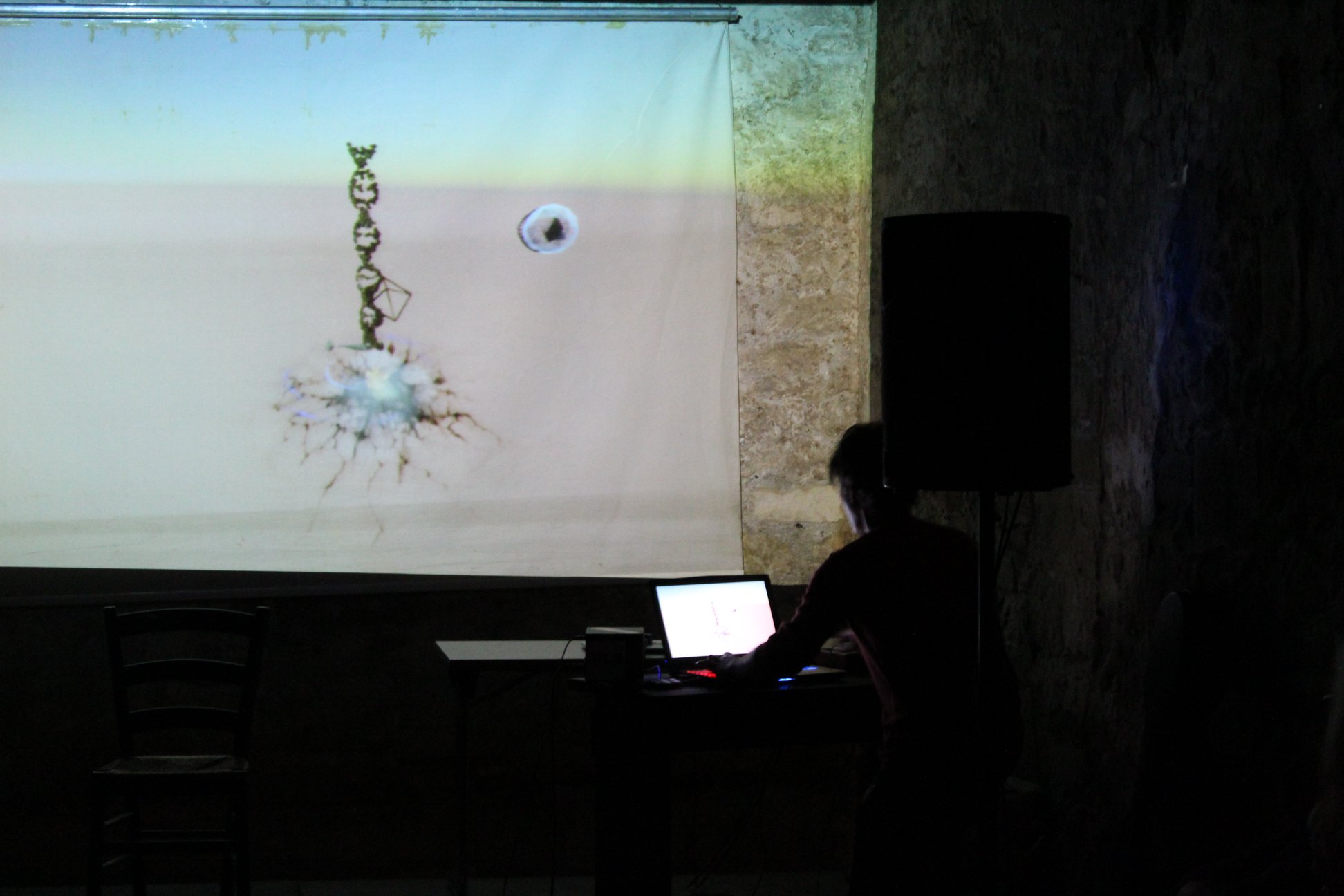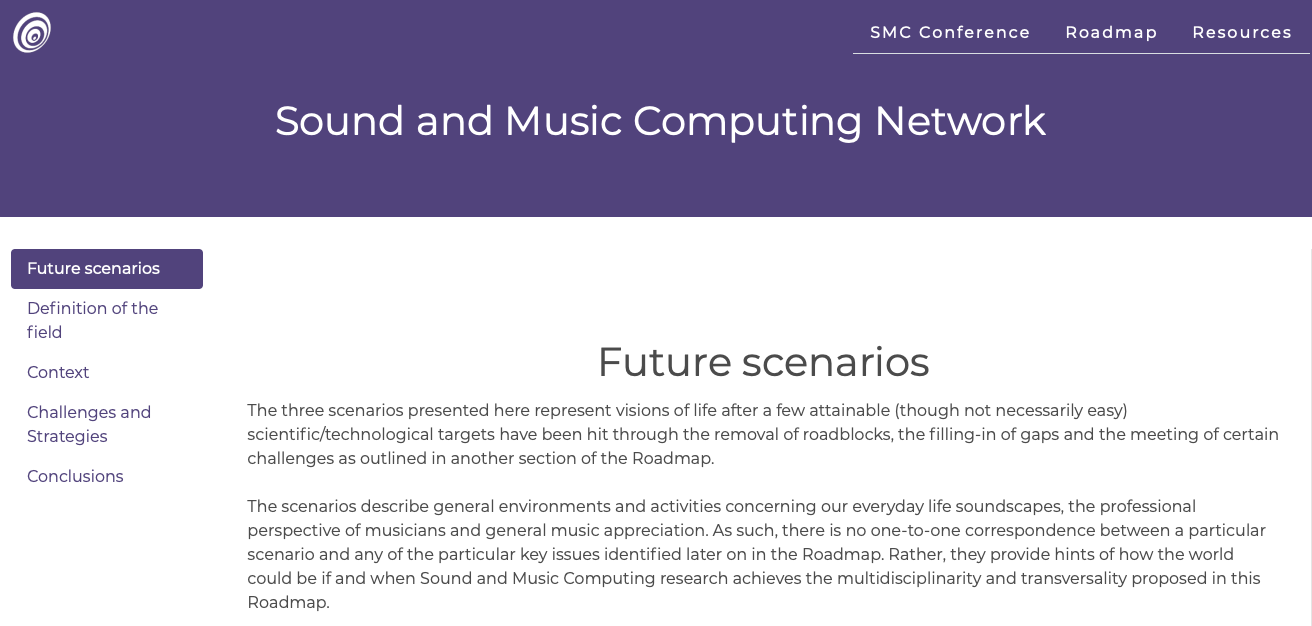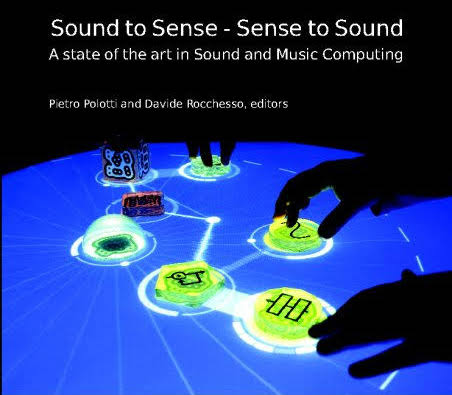Sound and Music Computing Network

What is Sound and Music Computing?
The SMCNetwork.org portal is the offical portal of the whole SMC community.
This initiative was started as an outcome of the S2S² EU project
and it is now under the supervision of the SMC board.

Sound and Music Computing Network
Welcome to the portal of the Sound and Music Computing Community. Here you will find information about the SMC conference and summer school, SMC related research groups and publications and much more.
If you want to be updated on SMC activities, subscribe to the mailing list of SMCNETWORK through this link using your gmail address account.
You can also subscribe to our facebook page.

SMC Conference 2026
The 2026 edition of the Sound and Music Computing conference will take place in Zagreb (Croatia) in conjunction with Music Biennale Zagreb in late October-early November 2026 (official dates to be announced soon).
SMC Conference
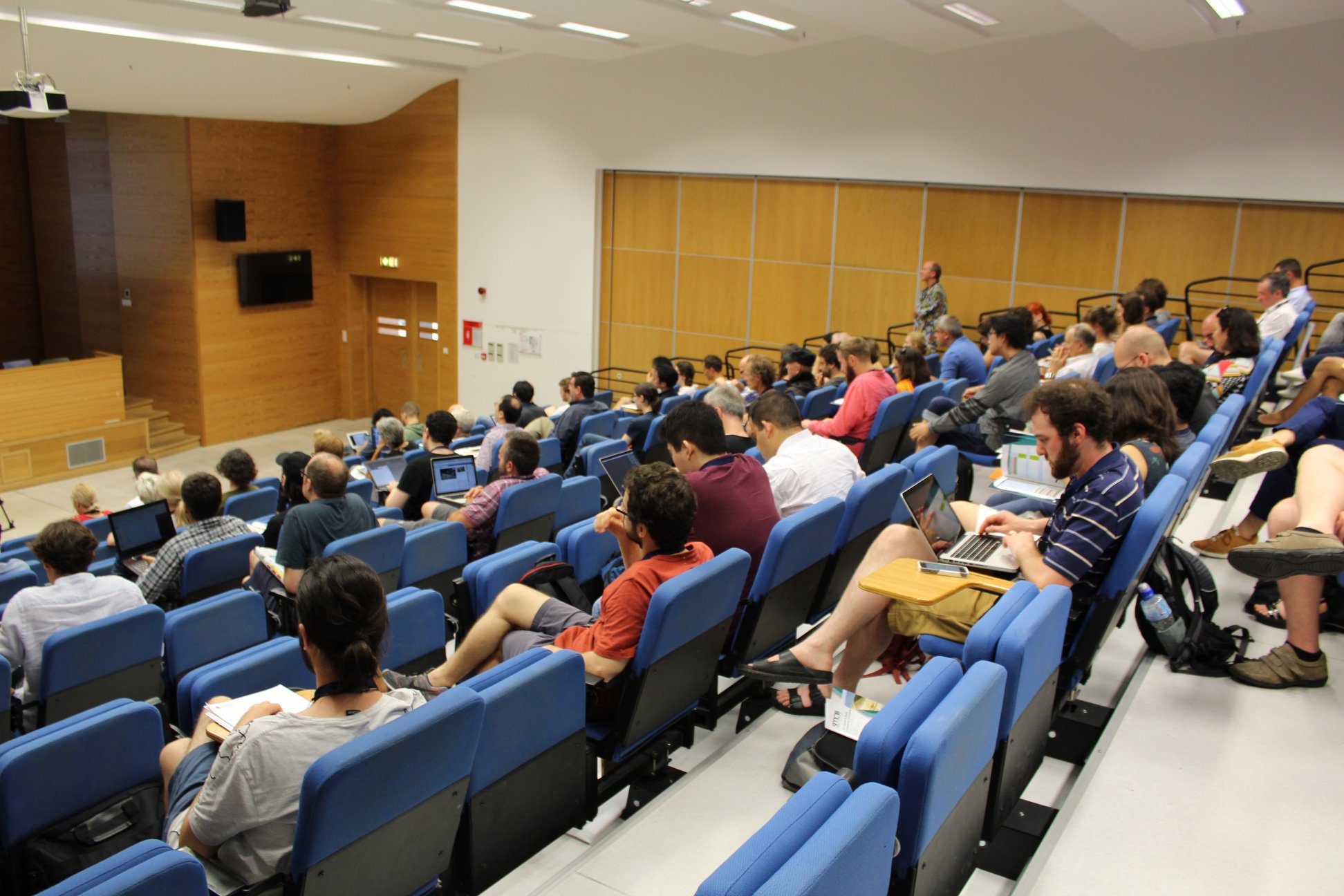
How to host SMC
If anyone is interested to organize a future edition of SMC, please browse the guidelines and contact the steering committee.
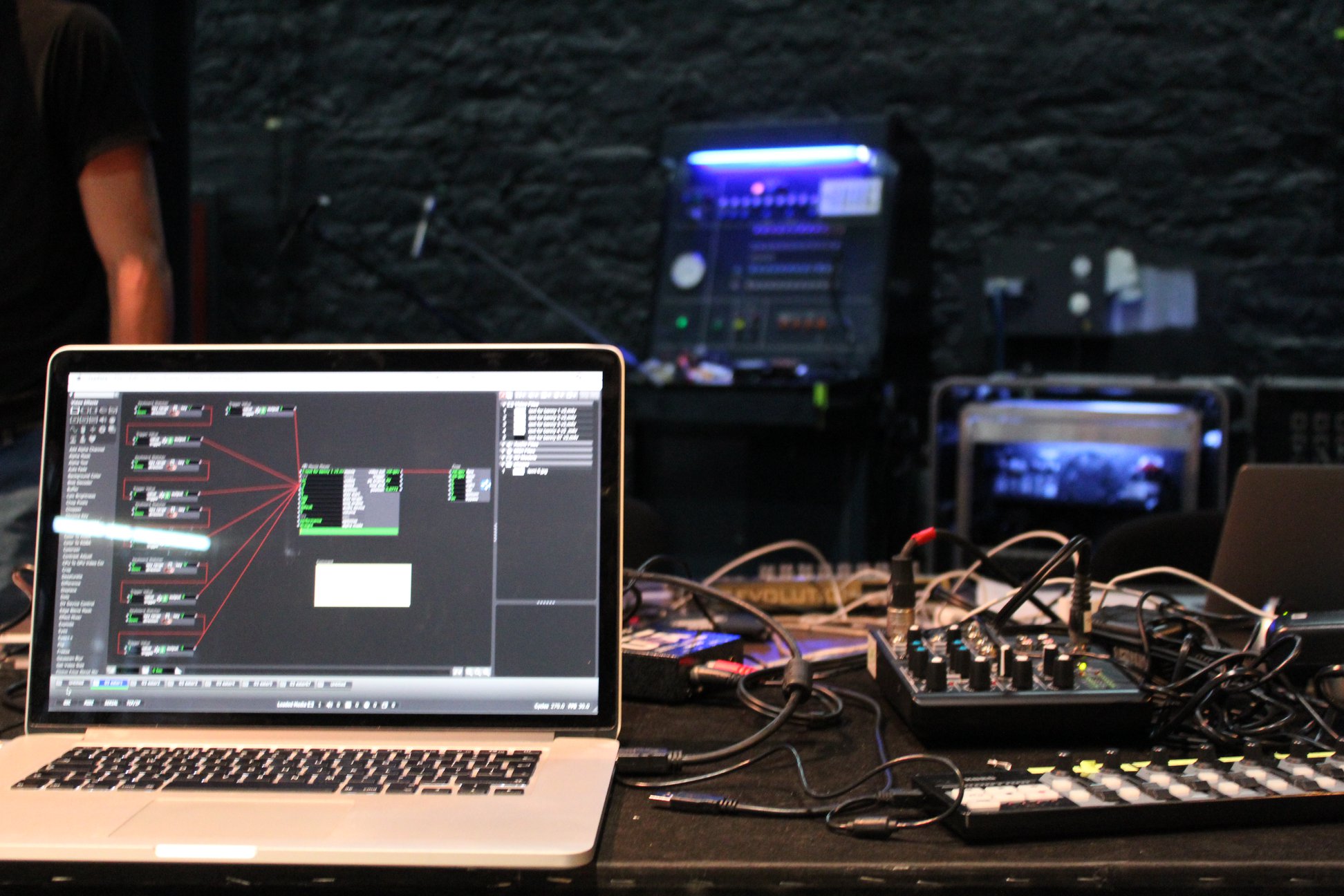
Current and past editions
The SMC Conference is a peer-reviewed international scientific conference around the core interdisciplinary topics of Sound and Music Computing.
The SMC Conference 2026 will take place in Zagreb (Croatia) in conjunction with Music Biennale Zagreb in late October-early November 2026 (official dates to be announced soon).
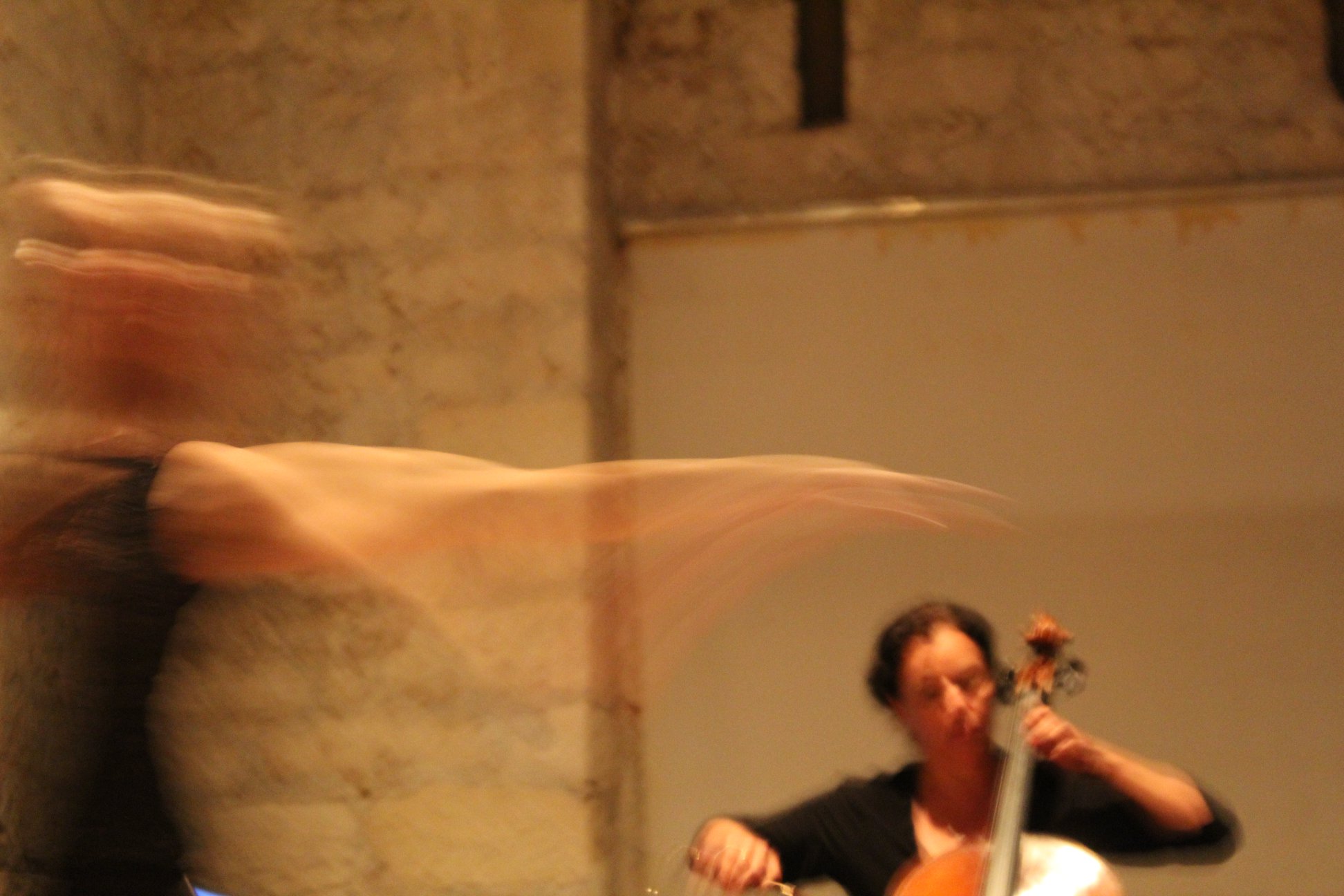
Ethic Statements
The publication of an article in the peer-reviewed and open access Proceedings of the Sound and Music Computing (SMC) Conference requires to agree upon standards of expected ethical behavior for all parties involved in the act of publishing: the author, the editor, the peer reviewer and the publisher.
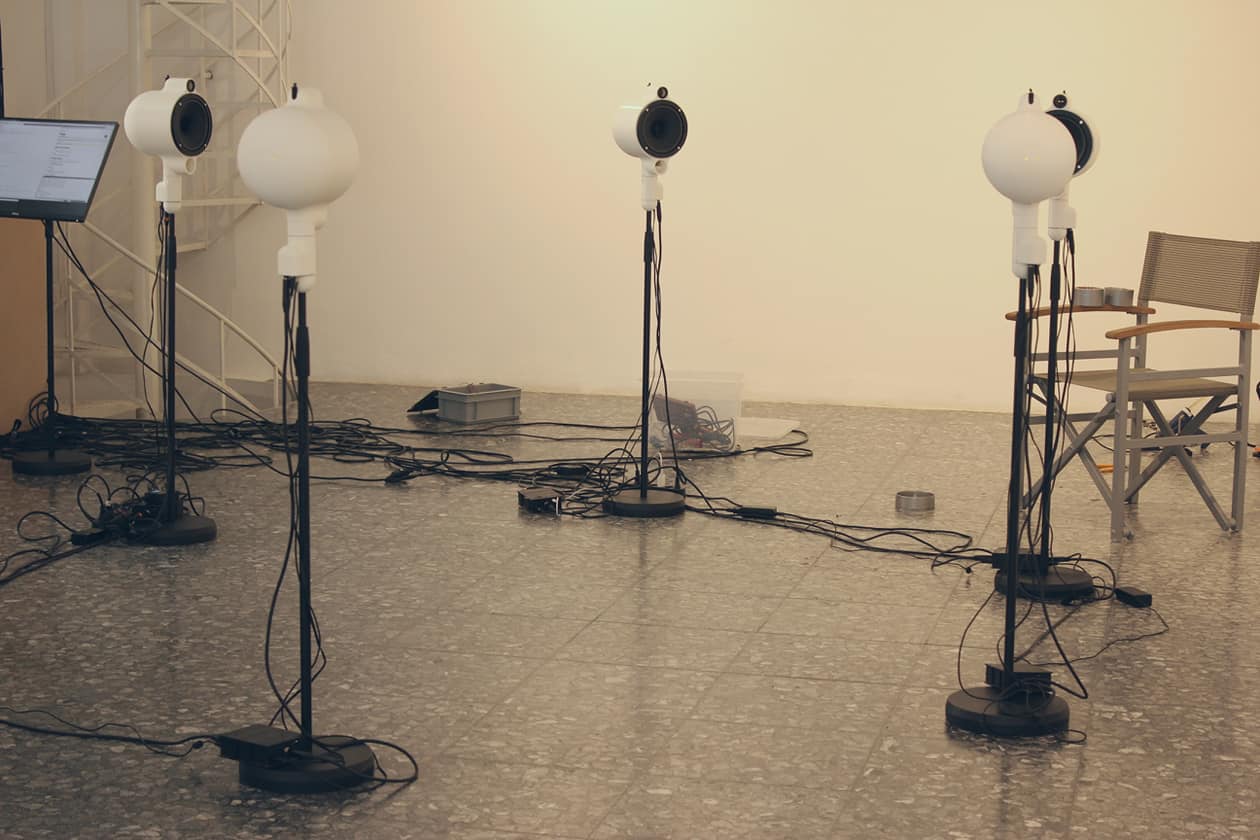
SMC summer school
The Sound and Music Computing summer school promotes interdisciplinary education and research in the field of Sound and Music Computing. It is aimed at graduate students working on their Master or PhD thesis, but it is also open to any person carrying out research in this field.
Roadmap

Scenarios
The three scenarios presented here represent visions of life after a few attainable (though not necessarily easy) scientific/technological targets have been hit through the removal of roadblocks, the filling-in of gaps and the meeting of certain challenges as outlined in another section of the Roadmap.

Definition of the field
Sound and Music Computing (SMC) research approaches the whole sound and music communication chain from a multidisciplinary point of view. By combining scientific, technological and artistic methodologies it aims at understanding, modelling and generating sound and music through computational approaches.

Context
This part addresses the various contexts that determine how the research field of sound and music computing is embedded in a societal framework. Four of these may be identified, namely, the research context, the educational context, the industrial context and the socio-cultural context. The research context is about the state and trends of related scientific and technological developments and their influence on sound and music computing.

Challenges and Strategies
We identify five broad challenges of relevance to SMC research. The first two are centred on the actual research issues, the third one addresses educational aspects, the fourth one focuses on knowledge transfer and the last one is centred on social concerns.

Conclusions
Sound and Music Computing is a highly multidisciplinary domain that is at the core of ICT-innovation in the cultural and creative industries. SMC has inherited the impressive artistic, scientific and technological history of Electroacoustic and Computer Music and expanded it into innovative realms such as artificial cognition, neurosciences and interactive design.
Resources

Events
We just created a new resource to list the upcoming conferences and calls for journals related to Sound and Music Computing: conferences.
Contributions can be made by anyone by forking the repository on github and submitting a pull request: GitHub.

Nordic SMC
The Nordic Sound and Music Computing Network (NordicSMC) brings together a group of internationally leading sound and music computing researchers from all five Nordic countries, from Aalborg University (AAU), Aalto University (AALTO), KTH Royal Institute of Technology (KTH), University of Iceland (UoI), and University of Oslo (UiO).
The constellation is unique in that the network covers the field of sound and music from the “soft” to the “hard,” including the arts and humanities, the social and natural sciences, and with a high level of technological competency.

